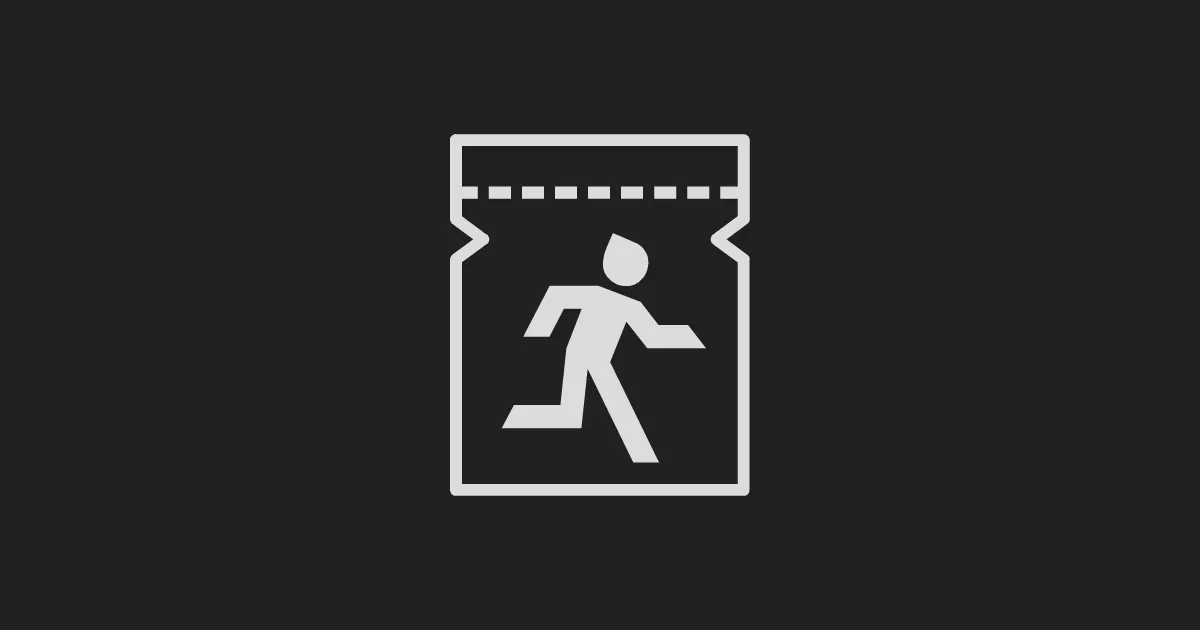Block Your Exits

You reach for your phone before your feet hit the floor. The notification pulls you away from the dream that was trying to tell you something, and now you're scrolling through other people's breakfast instead of tasting your own. This is how most days begin — not with intention, but with escape velocity.
Some of us become artists of avoidance, authoring elaborate exit strategies from human experience. The moment discomfort arrives — boredom, loneliness, the not knowing what comes next — we reach for our favourite anaesthesia. Social media when we're restless. Food when we're empty in ways that have nothing to do with nourishment. Productivity when we're afraid of resting. Sex when we can't bear our own company.
These aren’t moral failures. They’re survival strategies that have outlived their usefulness, like wearing a winter coat in July. You learned to turn away because feeling everything once felt like too much. But now it’s the numbness itself that has become the problem.
The exits you’ve carved so carefully have become cages, keeping you from the growth you envisioned. Every time you choose distraction over presence, you're training yourself to believe that this moment — this exact, unrepeatable configuration of breath and heartbeat and possibility — isn't worth your full attention. You're teaching yourself that you can't be trusted with your own experience.
Consider the infrastructure you've built around avoidance. The apps arranged for maximum interruption. The snacks positioned for mindless consumption. The shallow work that keeps you endlessly occupied.
But what if you stopped building exits and started blocking them instead?
What if you refused every familiar escape route? No social media when you’re anxious. No online shopping when you’re sad. No binge-watching when you’re avoiding a difficult task. No comfort food when what you really need is engagement.
This isn't minimalism. It's delving. You're going deep after whatever you've been running from.
When you block the exits, you discover what's been waiting underneath the distraction. The grief you've been postponing with Netflix. The loneliness you've been medicating with likes and shares. The creative restlessness you've been sedating with endless scrolling. The fear that maybe you're not who you thought you were, and maybe that's exactly what needs to happen.
Without your usual escape routes, you're forced to develop new muscles. The capacity to sit with discomfort without immediately solving it. The ability to feel lonely without frantically filling the space. The radical skill of doing nothing without treating it as an emergency.
This is harder than it sounds, which is exactly why it's important. Your nervous system, so accustomed to the quick hit of distraction, will protest loudly. You'll discover how much of your day was structured around small acts of avoidance. You'll realise that most of your desires weren't choices at all, but reflexes you've been mistaking for preferences.
Try this: Pick one exit — your most reliable escape hatch — and close it for a week. When the urge hits to check your phone, eat something sweet, drink a glass of wine, or lose yourself in superficial work, pause instead. Notice what you’re feeling. Don’t rush to fix it or explain it. Just stay with it and see what it’s like.
Set boundaries around the things you need but have been using as drugs. Check email twice a day instead of every five minutes. Pour your coffee into a tumbler that stays warm, instead of getting up for another refill every time you want a break.
Create a mental receptacles for your discomfort. When you feel the urge to escape, commit to staying with it for ninety seconds before doing anything else. Set a timer if you need to. Notice the whatever uncomfortable sensation that’s asking for your attention. Most urges, when faced directly instead of avoided, pass much more quickly than you expect.
Ask yourself:
- Which part of my life am I postponing by numbing myself?
- If I weren’t allowed to leave this moment, what would I do differently?
- If I stopped avoiding it right now, what would I finally have to face?
You don’t block your exits to punish yourself. Each detour — another scroll, another glass, another episode, another distraction — teaches your nervous system that presence is unbearable and must be avoided.
Without a quick fix to lean on, you discover what else you’re capable of: patience, honesty, courage. You begin to trust yourself with your own unease.
To block your exits is to reclaim your authority. It’s to stop outsourcing your strength to sugar, to screens, to work done only to fill the schedule. It’s to insist, again and again, that your life is worth living unreasonably.